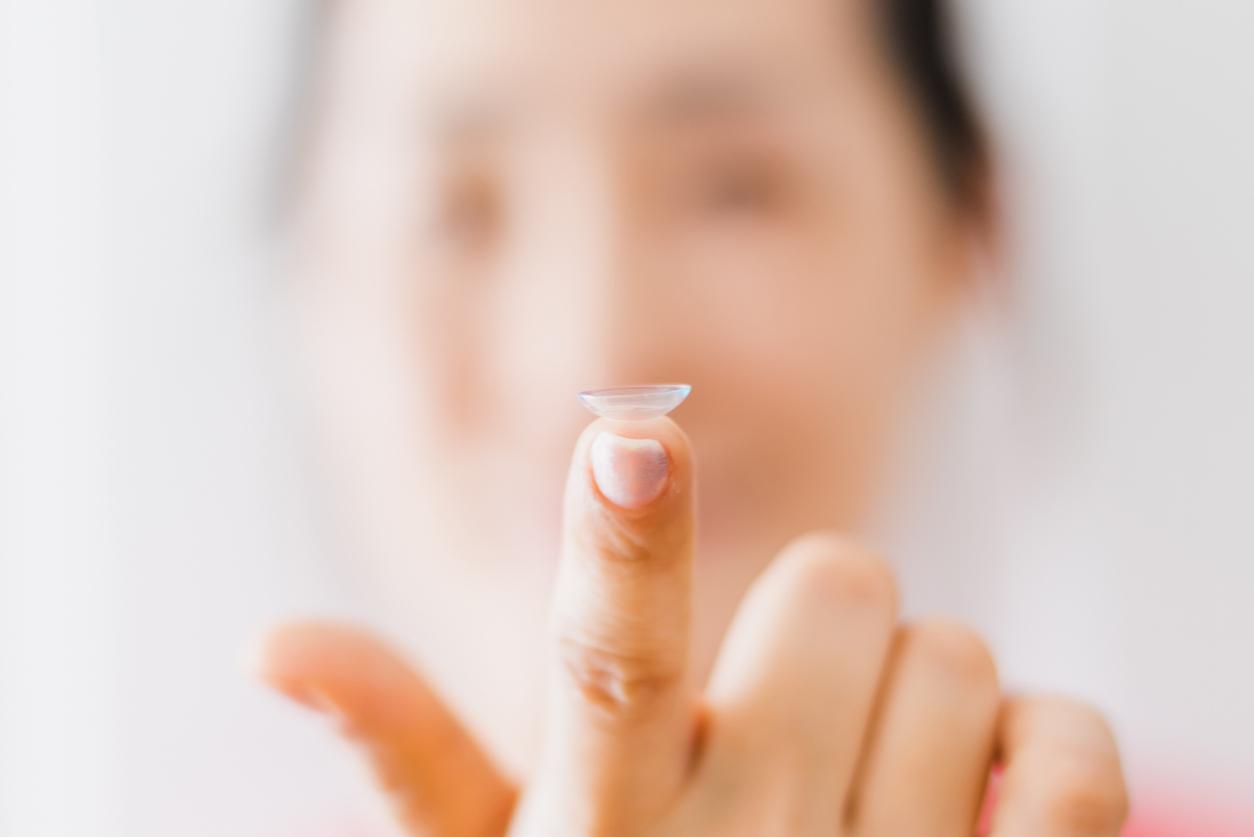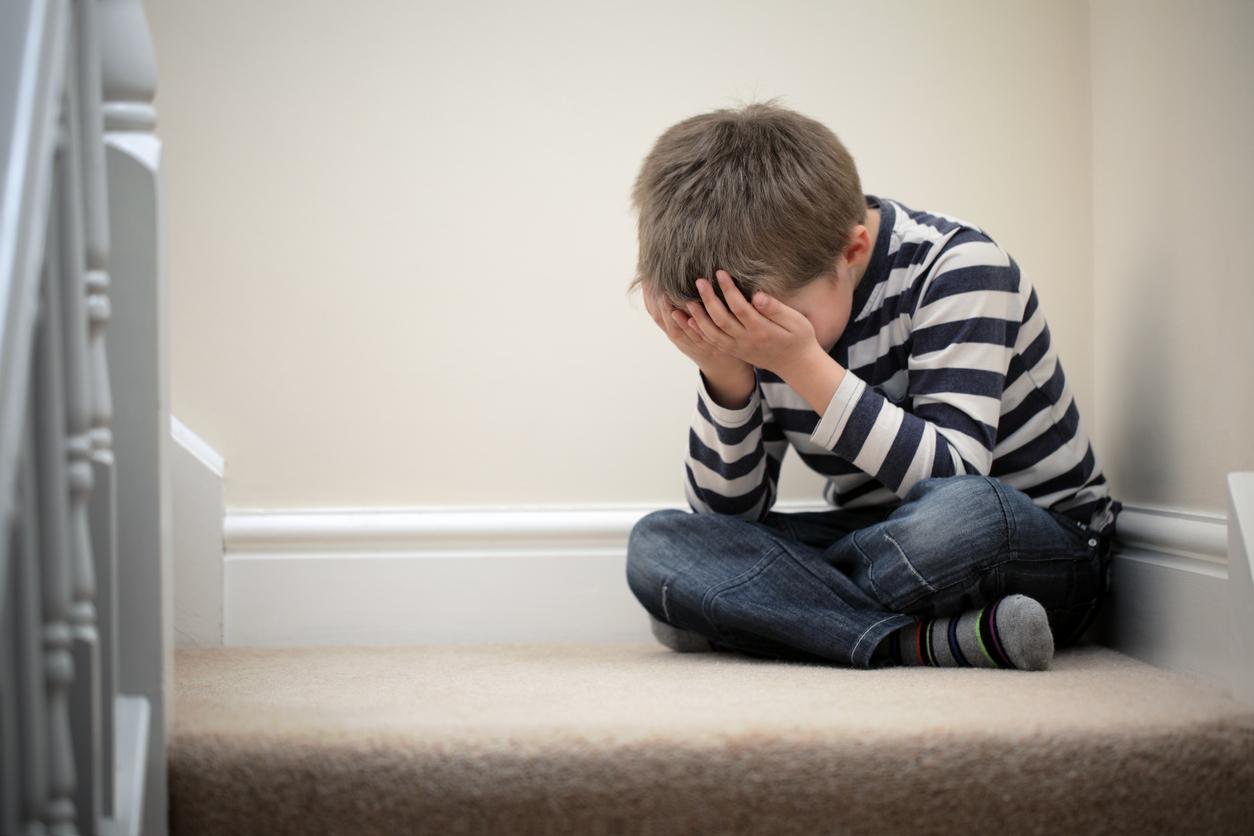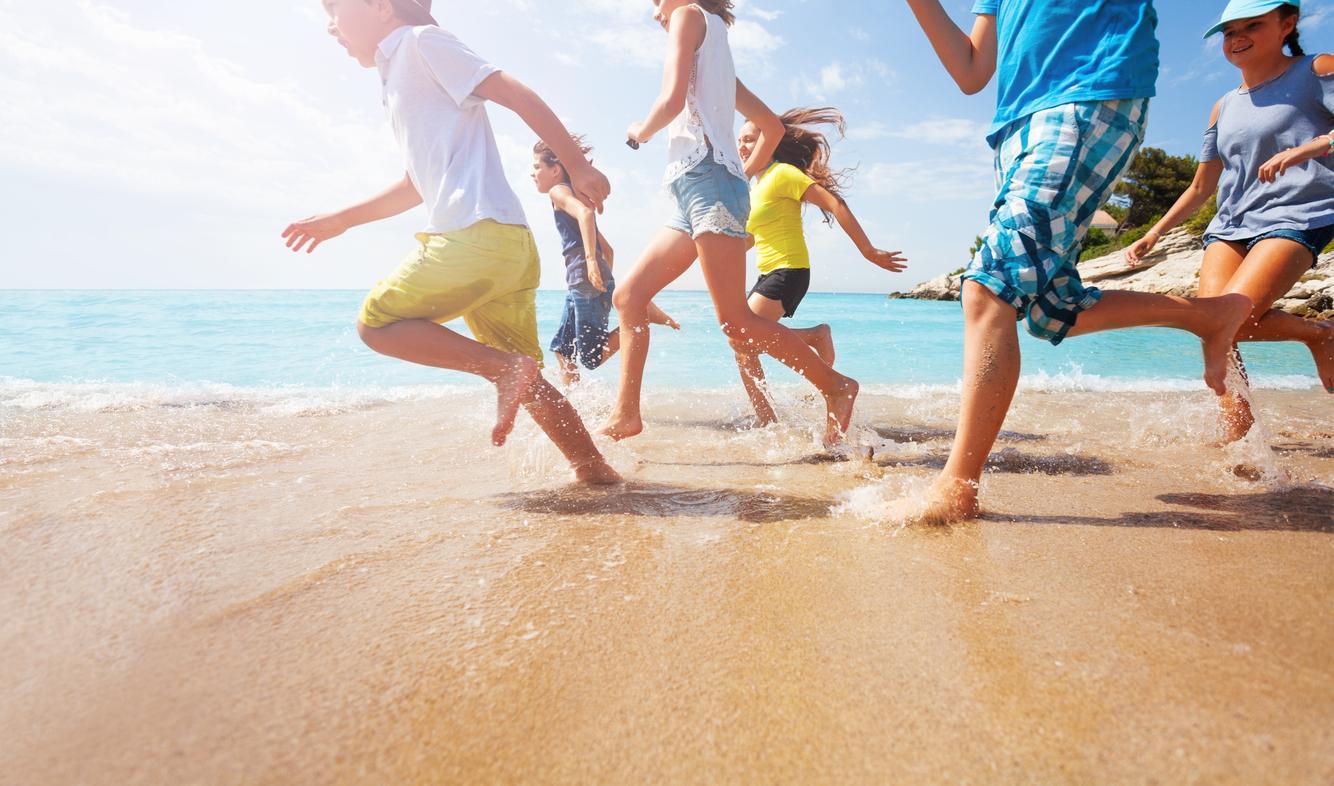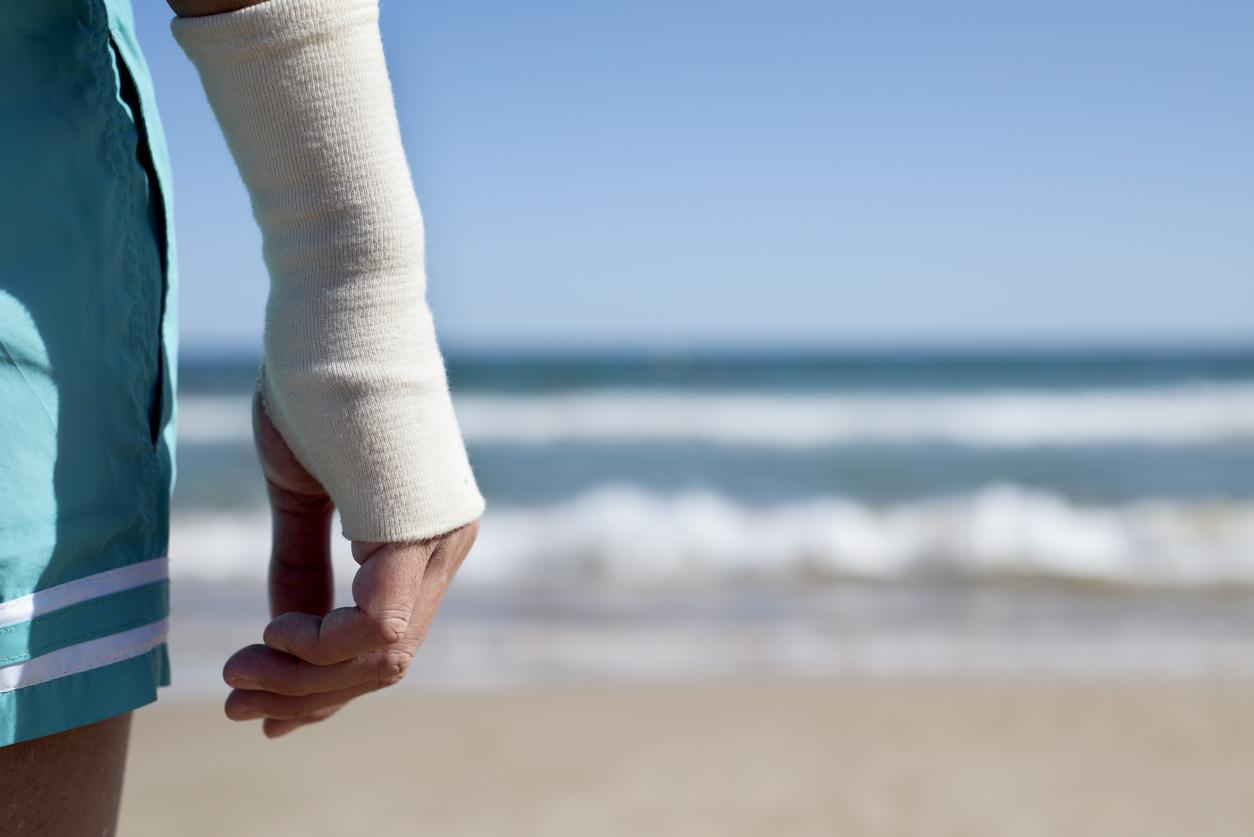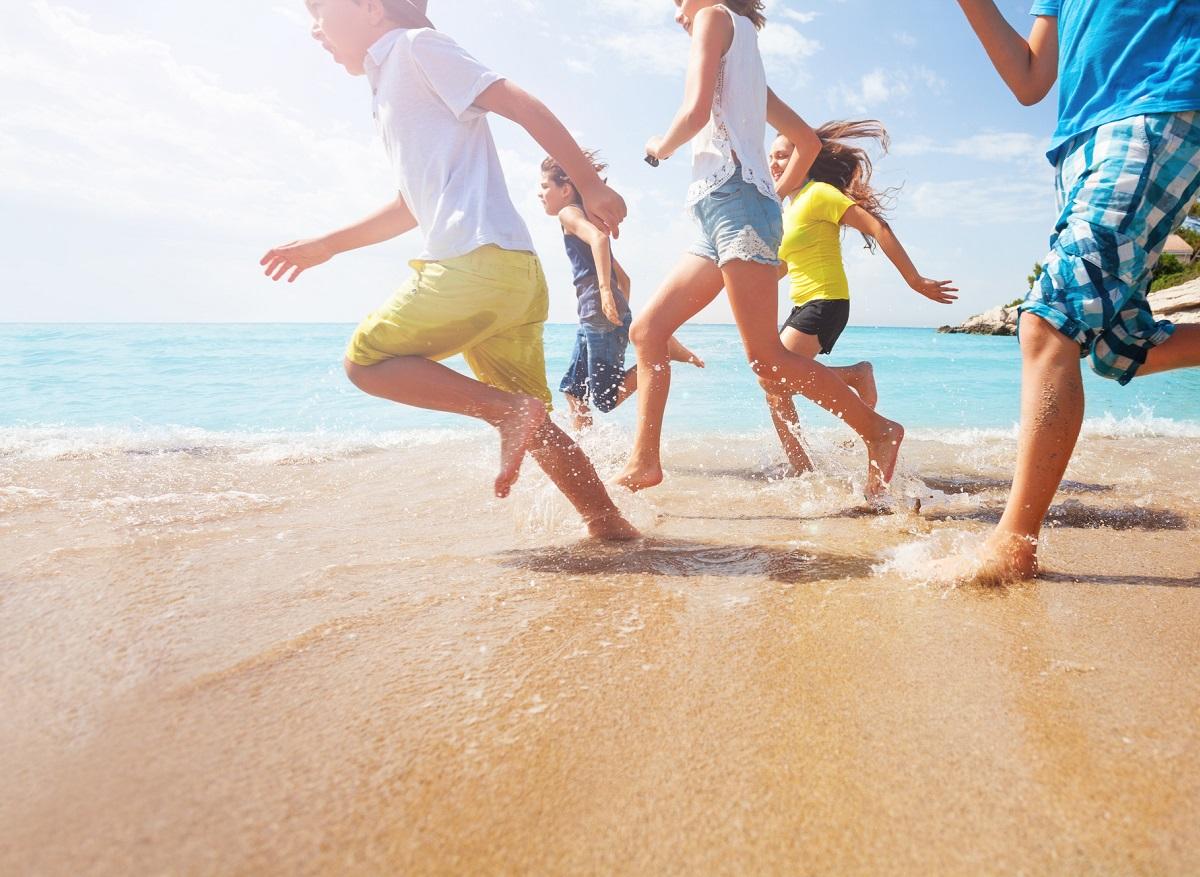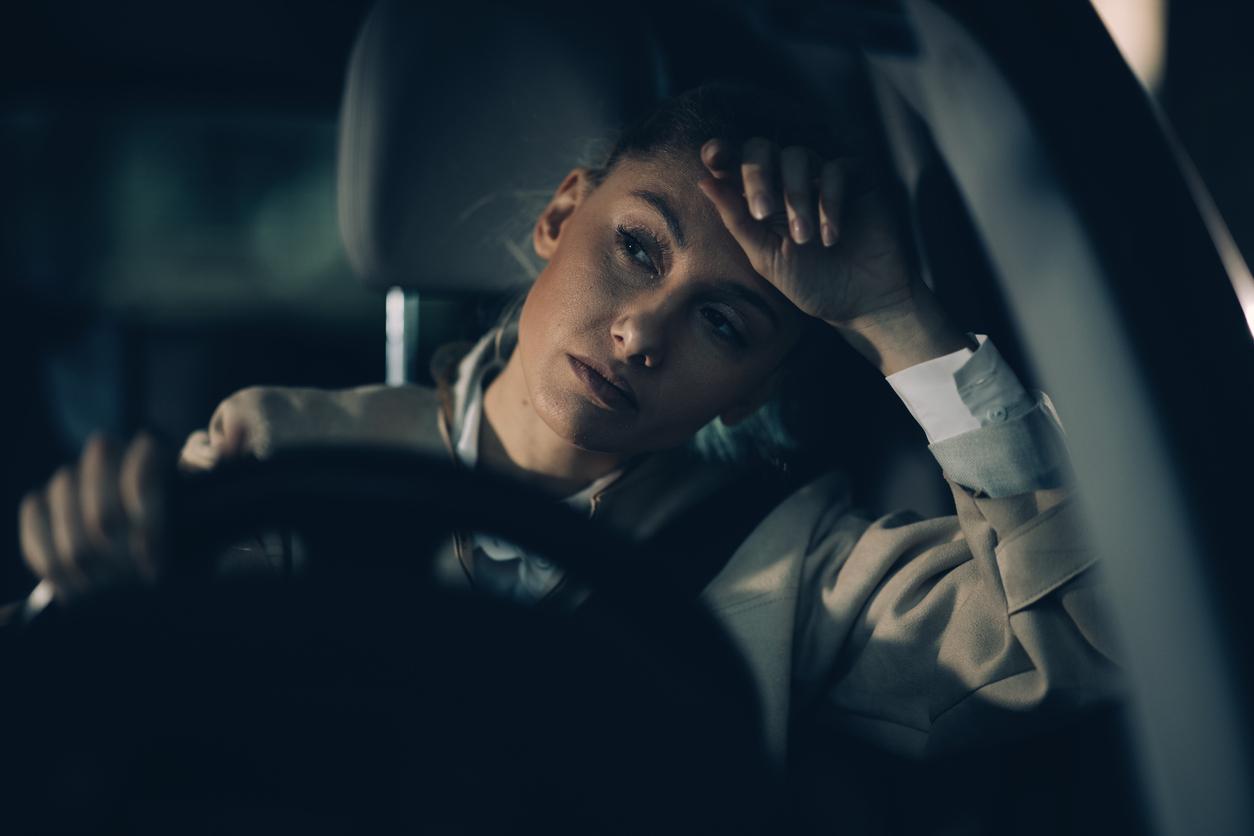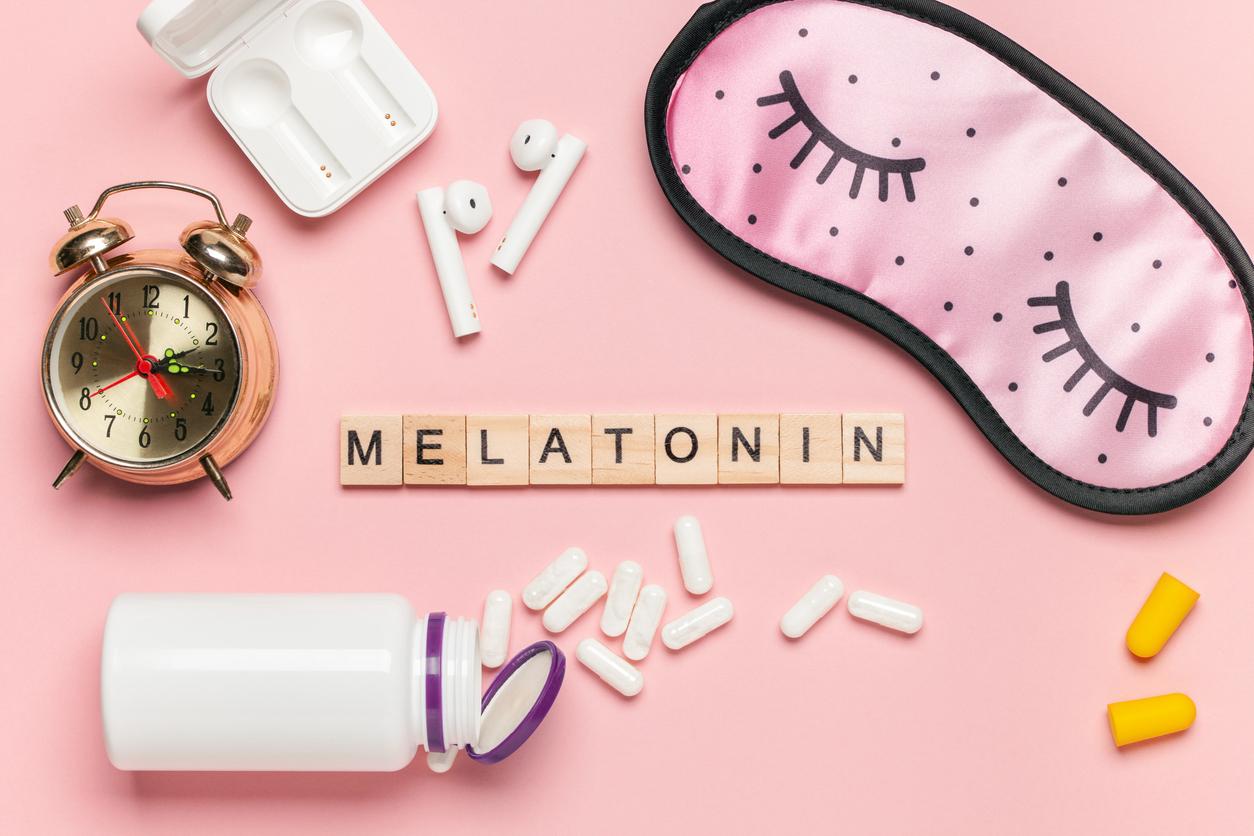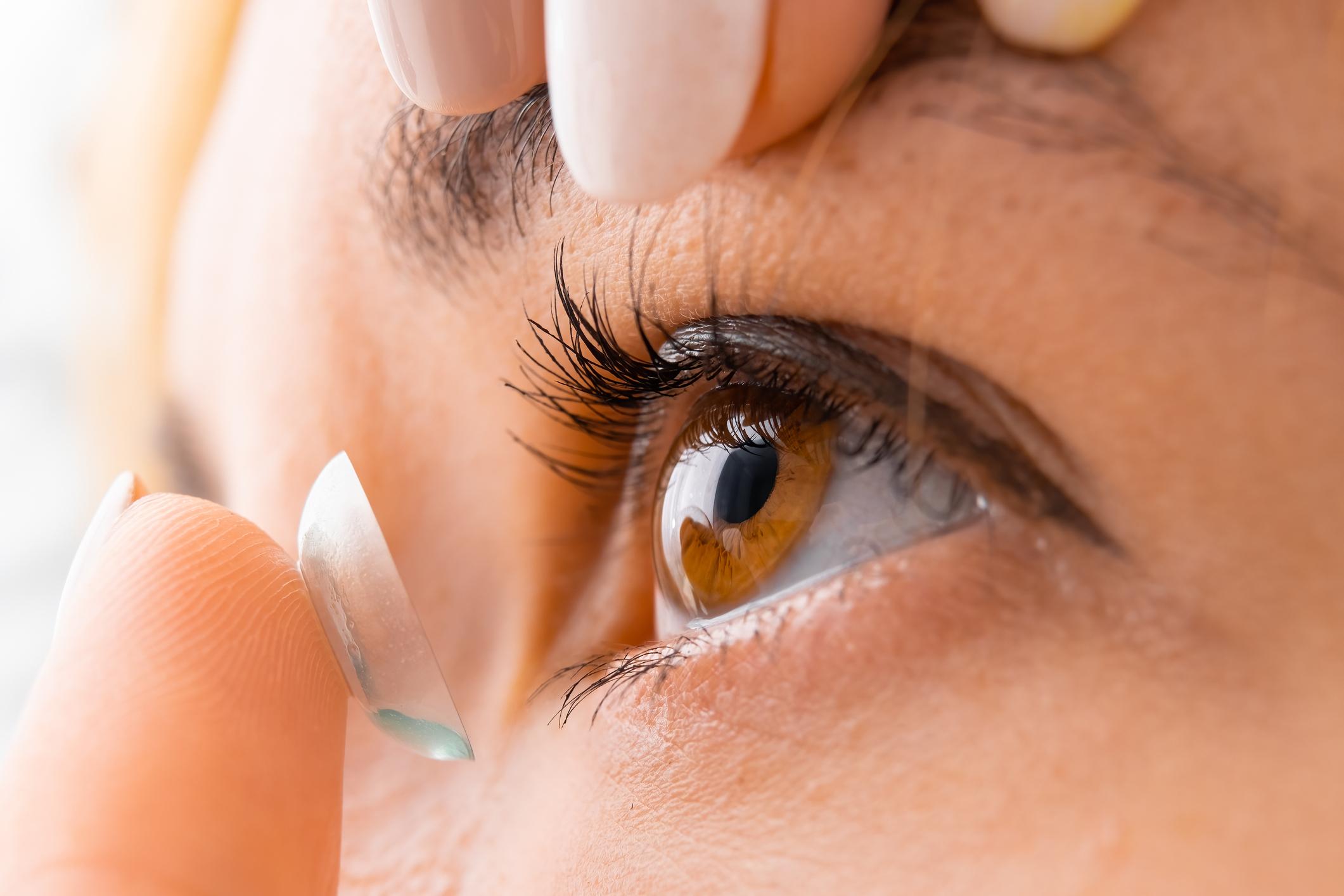Contact lenses provide much appreciated visual comfort, but can be inconvenient on vacation. However, this change of pace in summer can sometimes cause accidents that are sometimes harmful to eye health.
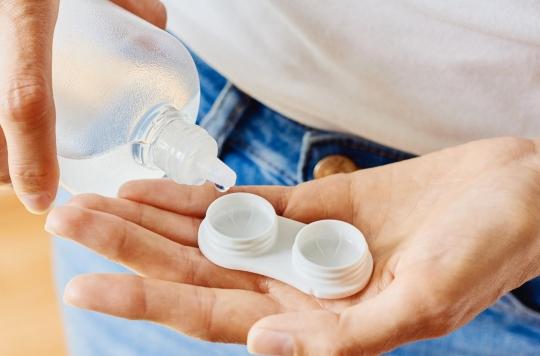
- Don’t forget your lens case and products when you go on vacation. Do not borrow someone else’s and/or use tap water.
- Don’t forget your lens case and products when you go on vacation.
- Do not borrow someone else’s case and/or use tap water.
Freeing yourself from your glasses for a day is the dream come true for contact lens wearers. Nevertheless, this illusion brings with it some amplified constraints during the summer holidays. Wearing contact lenses does not require you to keep glasses with you to take over as well as “changing equipment”, ie a lens case and cleaning product. However, on the beach or on a hike, few people bother with this kind of accessory, thus taking a risk for ophthalmic health. “In summer, it is contact lens wearers who consult the mostassures Dr. Barbara Ameline, member of the board of directors of the French Society of Ophthalmology (SFO). As it is the holidays, there is a break and people, for example, forget their products, which can lead to disasters.
Lens users, more than those of glasses or without vision correction, have more fragile eye health. The reason ? Wearing contact lenses itself. “The lenses sometimes exert a friction that numbs the ocular surface a little. This reduces the perception of the eye and can lead to a delay in diagnosis”, explains Dr. Ameline. This rubbing as well as contact with lens cleaner also has an unexpected effect on the eyes. “Often they weaken the tear filmshe says. More fragile, the eye is more exposed to corneal abscesses.” A phenomenon that can sometimes cause an irrevocable decrease in vision.
The good gestures of summer
For all these reasons, this ophthalmologist calls contact lens wearers to be vigilant. She recommends always having your contact lens equipment, eyeglasses and sunglasses with you on vacation. “They are also more likely to get dry eye, it’s good that they have artificial tears with them. It is particularly useful if you go to the mountains where the air is drier or if you are in contact with air conditioning”. advises Barbara Ameline.
It also reminds us of the need to dry your hands thoroughly before removing or cleaning a lens, but also to never use tap water to store them. “This water is not sterile: it contains germs which, while they may be harmless to the digestive tract, are sometimes toxic to the surface of the eye. In case of infection, it can create an abscess” she recalls. In the same way, she insists on the impossibility of lending a lens or a case, even between parents. “If the lenses are not daily, they can be contaminated with your germsshe attests. But if they are harmless to you, they are probably less so for others. The ophthalmologist recommends in case of emergency consultation to neither throw away his lens, nor forget to take his case with you with the cleaning product. The search for the presence of a toxic germ is easier on these objects than on the surface of the suffering eye.
.







